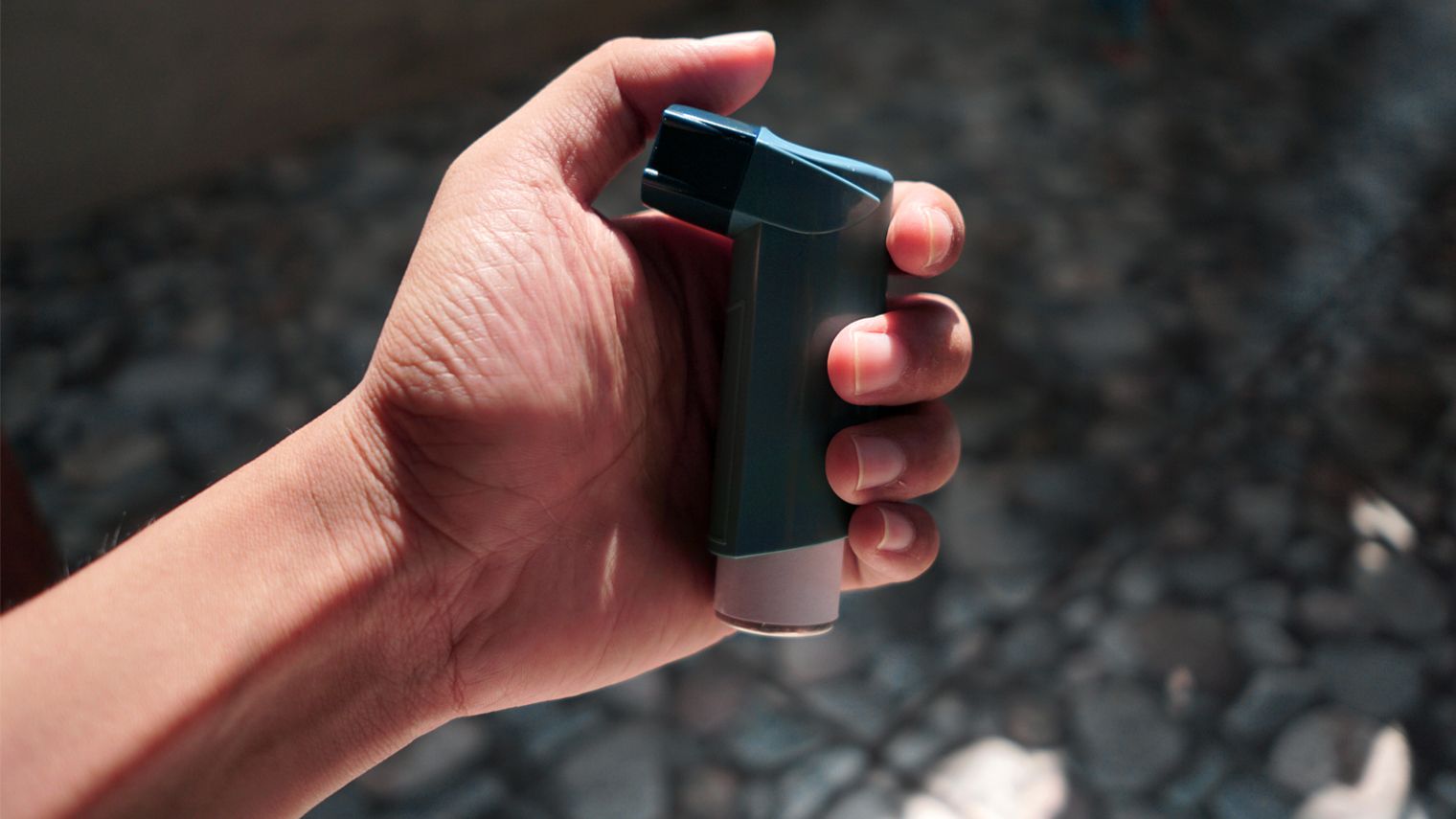How to Make a Plan for COPD Exacerbations
April 01, 2024
Content created for the Bezzy community and sponsored by our partners. Learn More

Photography by Fajrul Islam/Getty Images
Making a plan and discussing your options with your doctor can relieve some stress about chronic obstructive pulmonary disease (COPD) exacerbations.
I had COVID and the flu recently. Each one made my COPD and other lung conditions worse. I had more trouble breathing than usual and was coughing a lot. It was an exacerbation, but I didn’t need to call my doctor right away because we already had a plan in place.


What’s an exacerbation?
An exacerbation is when your condition suddenly worsens. You might have also heard it referred to as a “flare,” as your body flares from something it doesn’t normally deal with.
There can be many causes for exacerbation, ranging from unusual stress to an illness taxing your system. It doesn’t take a lot to aggravate my lungs.
In COPD, exacerbation usually refers to more shortness of breath, lower oxygen, or additional coughing. These are all symptoms that need to be taken seriously and treated.
It can last from a few days to weeks. Leaving them without treatment could cause long-term problems to your overall health.
My COPD exacerbation plan
I think we all know how difficult it is to reach your pulmonologist and even harder to get a quick appointment. The first time I had an exacerbation, I was lucky to be able to reach mine without too much effort. He put me on steroids and told me to use my rescue inhaler (albuterol) and also my nebulizer three times a day each.
This visit wasn’t long after I had first been diagnosed with COPD. I wanted to learn as much as possible, and I asked my doctor if this would happen often. He said there was no way to tell, but what he told me to do this time was how to approach it the next time, too.
My doctor also made it clear that if there were a time I couldn’t control my breathing or my oxygen wouldn’t go above 90, I should head to the emergency room.
What to do when the plan doesn’t work
Of course, the best-laid plans don’t always work. My pulmonologist gave me a time frame of 2 weeks.
I was told to contact him if my exacerbation continued for more than 2 weeks without improvement. The next step was to get an X-ray to make sure I didn’t have pneumonia.
I had pneumonia once in the last year and was given antibiotics. There also was one time I had to go into the office for an appointment. That was after COVID and because an X-ray showed a new spot, and the emergency room had noted a crinkling in my previously healthy left lung.
He said we would watch it. A week later, my breathing was much better, even though I still had that spot.
If you haven’t made your plan yet, discuss it with your pulmonologist on your next visit.
Make your action plan
All of this is based on the plan I have with my doctor. I also have asthma, bronchiectasis, and interstitial lung disease. It’s not unusual for people with COPD to have more than one lung disease. That’s why your plan could be very different than mine.
If you haven’t made your plan yet, discuss it with your pulmonologist on your next visit. Ask what you should do and at what point you should contact them.
Some doctors may want you to call the office immediately, especially if you are in a late stage of COPD. That’s not always so easy, like when I found out I had COVID Labor Day weekend. That’s why a plan is so important.
Is my disease worsening?
It’s easy to think that your COPD is getting worse because your symptoms are, but an exacerbation isn’t like that. Think of it like banging your bad knee. An injury has made it worse. That doesn’t mean it won’t be back to baseline when the bruise and swelling go away.
I can’t say that this will always be the truth, so I worry my condition has progressed after an exacerbation. It’s certainly possible that has happened. That’s why I check in with my pulmonologist if it lasts over a few weeks.
Keep up the discussion
Since COPD is a progressive disease, the discussion about a plan doesn’t stop when you make one. It’s something you should bring up on every visit.
You want to make sure that you know what to do with an exacerbation. That can change if your disease moves from one stage to another or if there are new medications available for you to use.
Medically reviewed on April 01, 2024


Like the story? React, bookmark, or share below:
Have thoughts or suggestions about this article? Email us at article-feedback@bezzy.com.
About the author